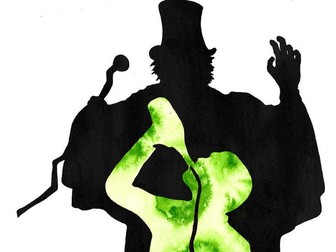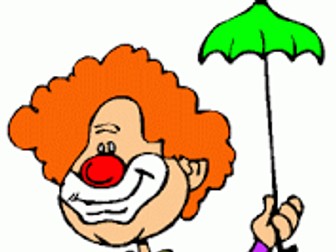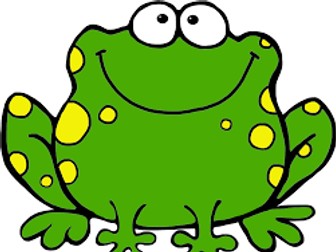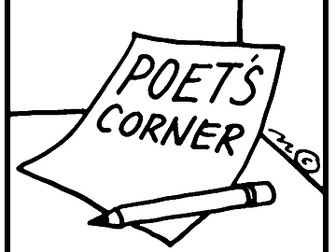Writing a Sonnet (KS3)
Uses pop culture references to teach iambic pentameter.
Familiarises students with the rules of a sonnet and leads into writing one (which may take longer than one lesson depending on the ability of your group).
Consider performing the poems if your class is of a dramatic persuasion.
(Requires differentiation at the writing stage of the lesson.)




